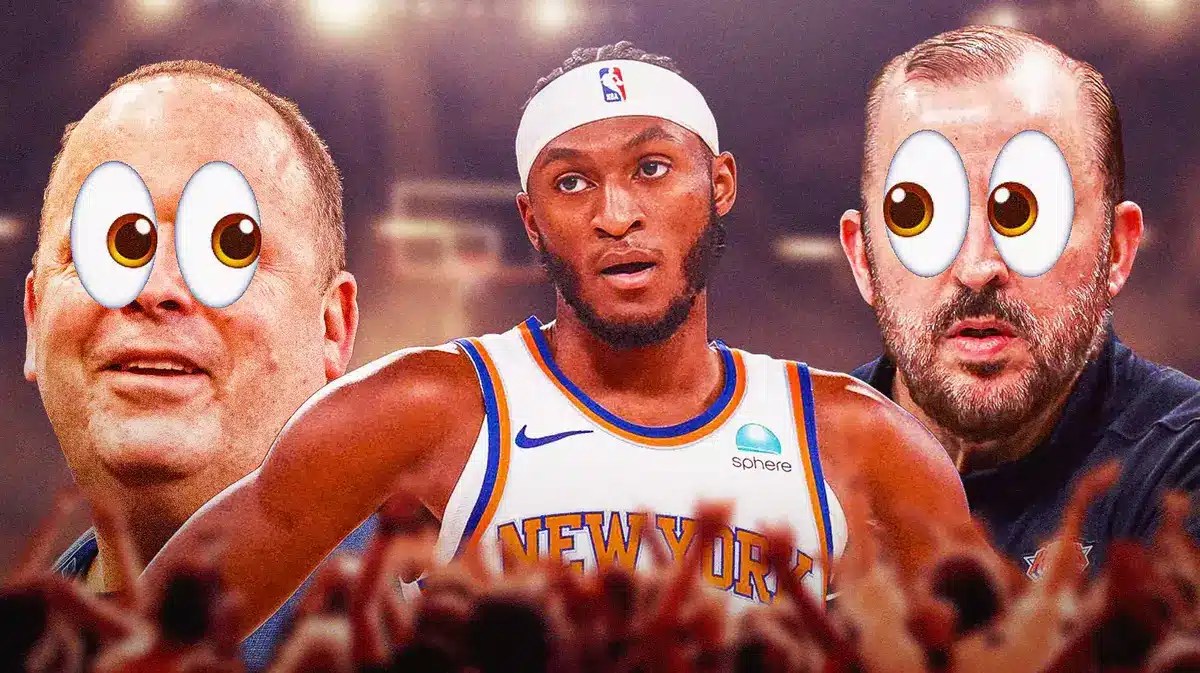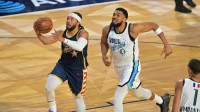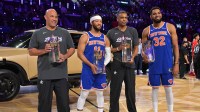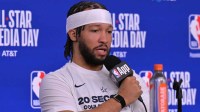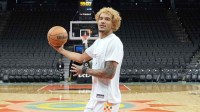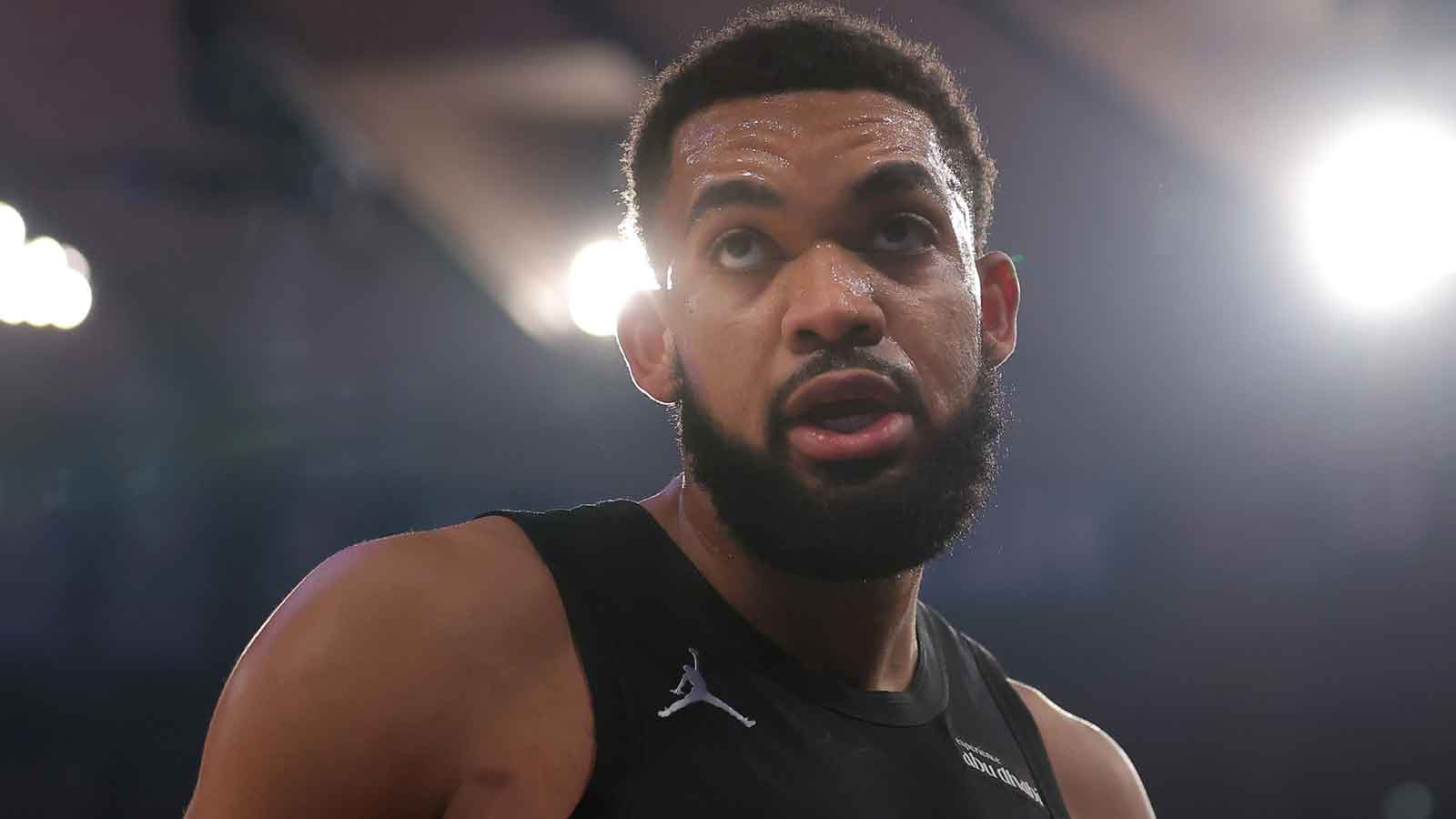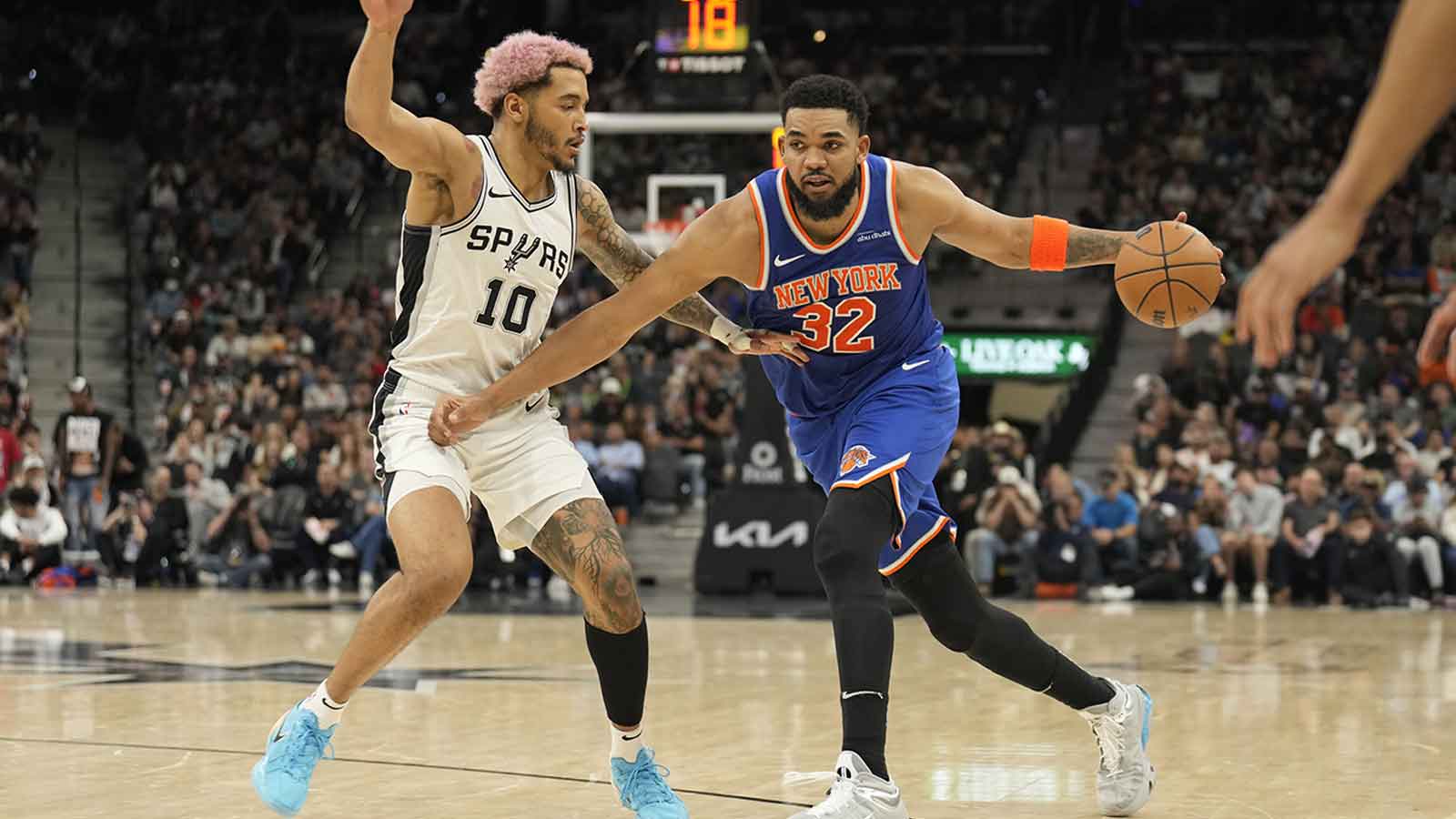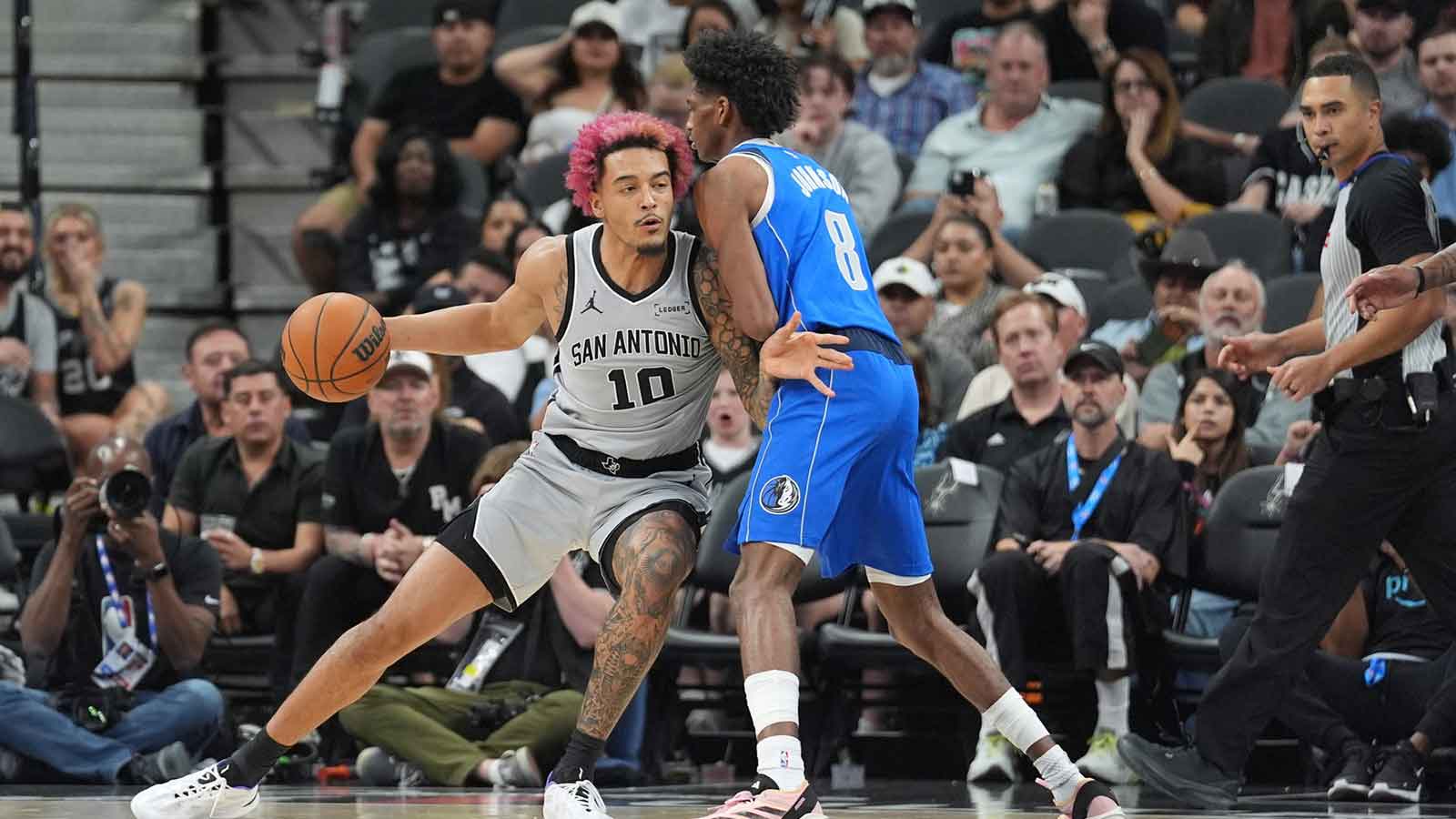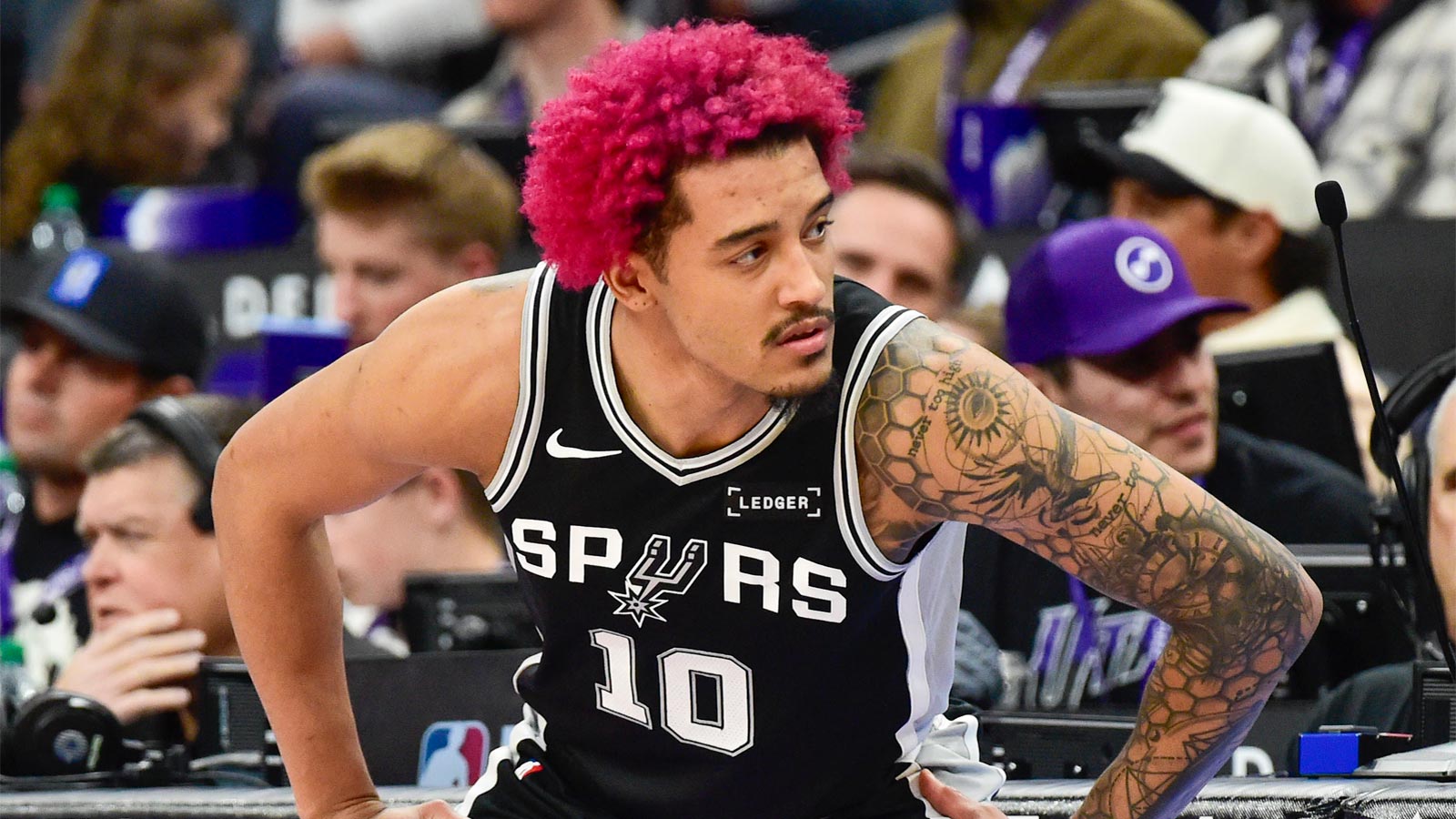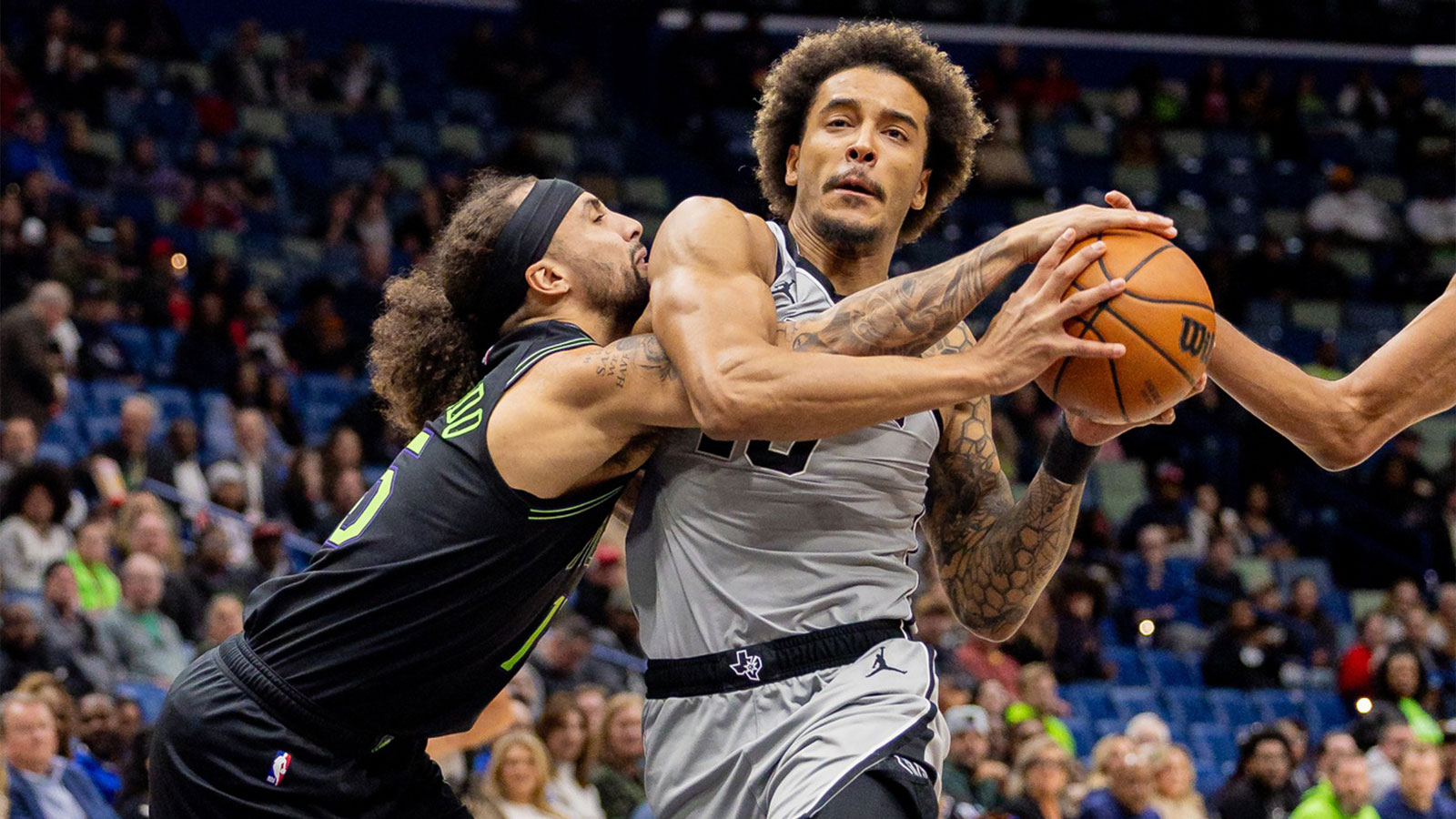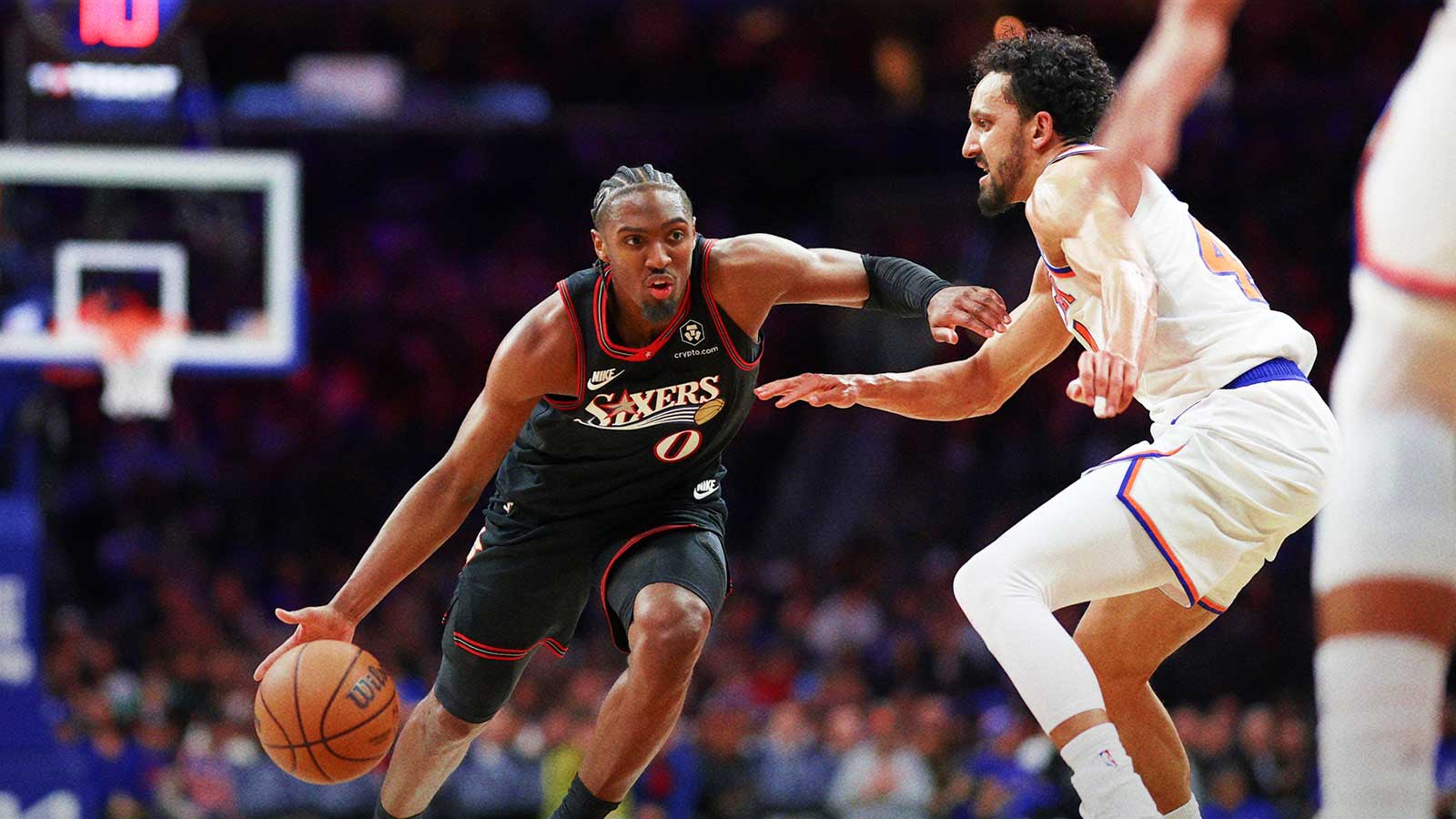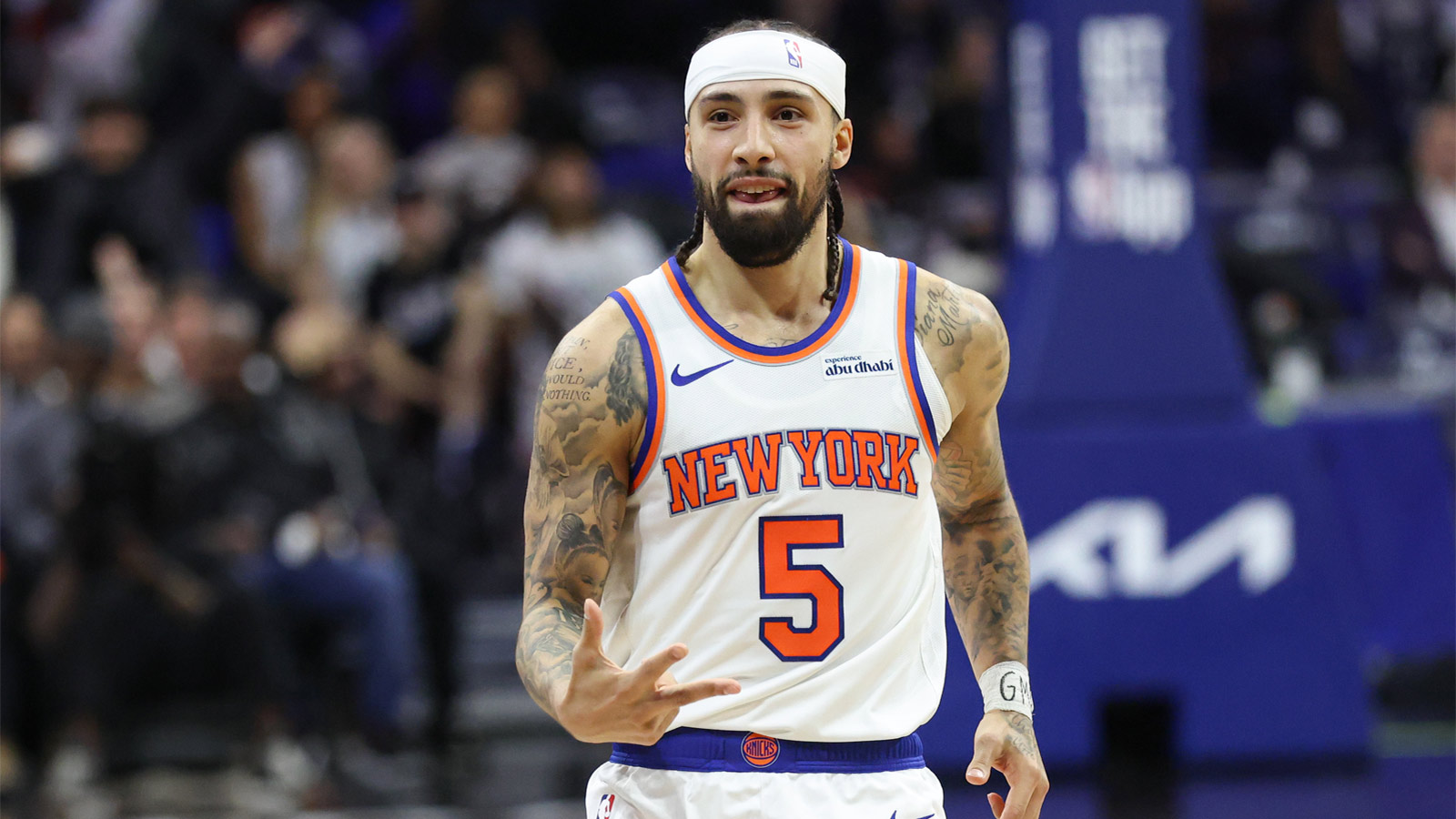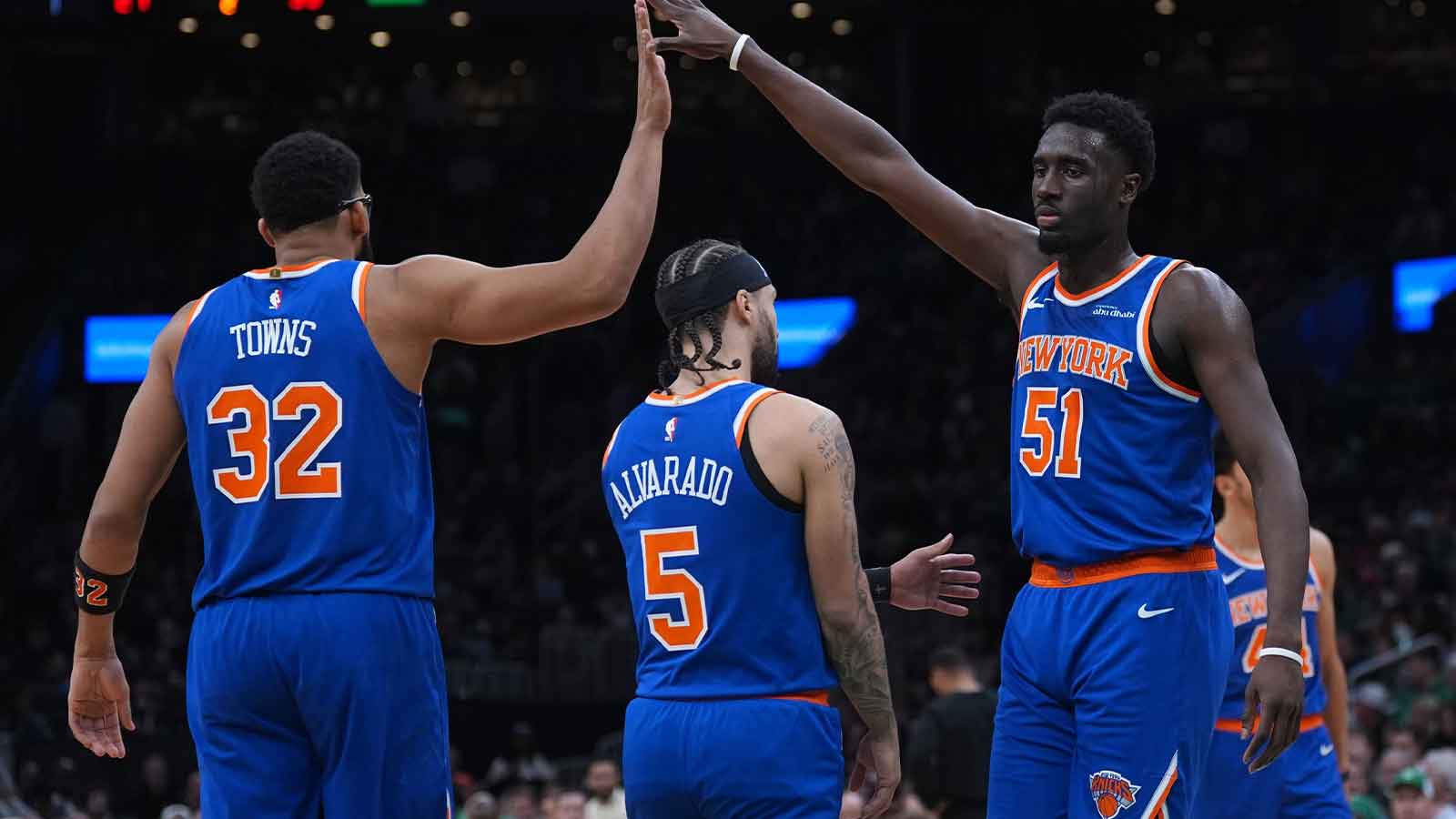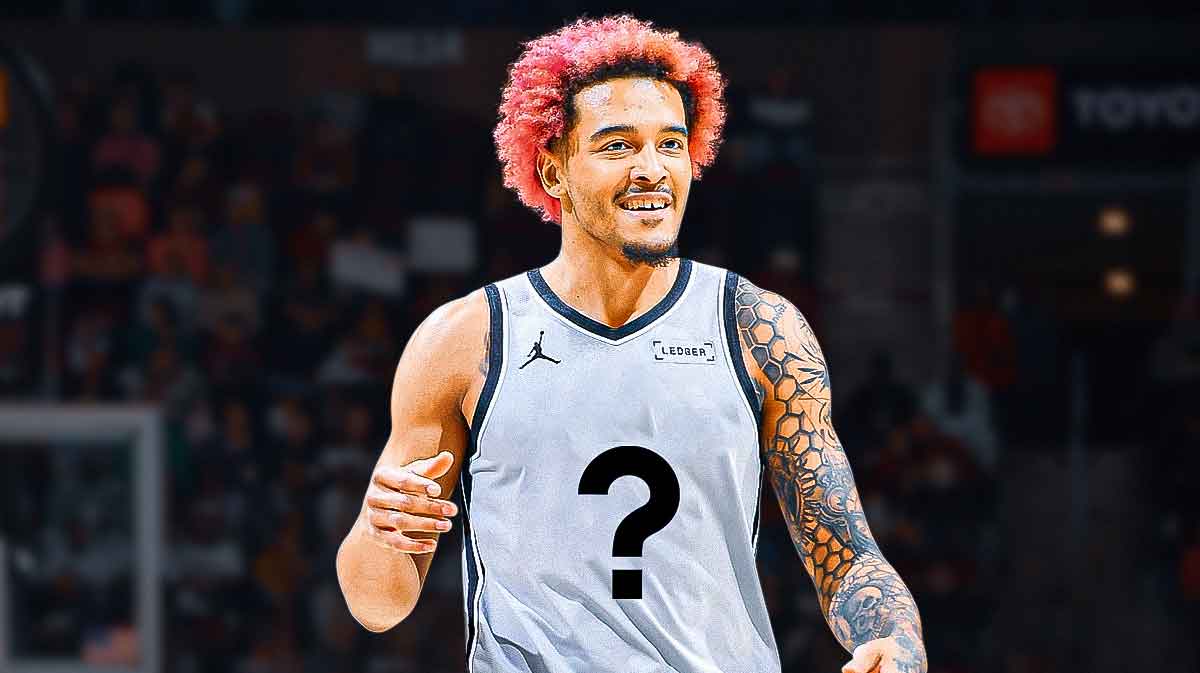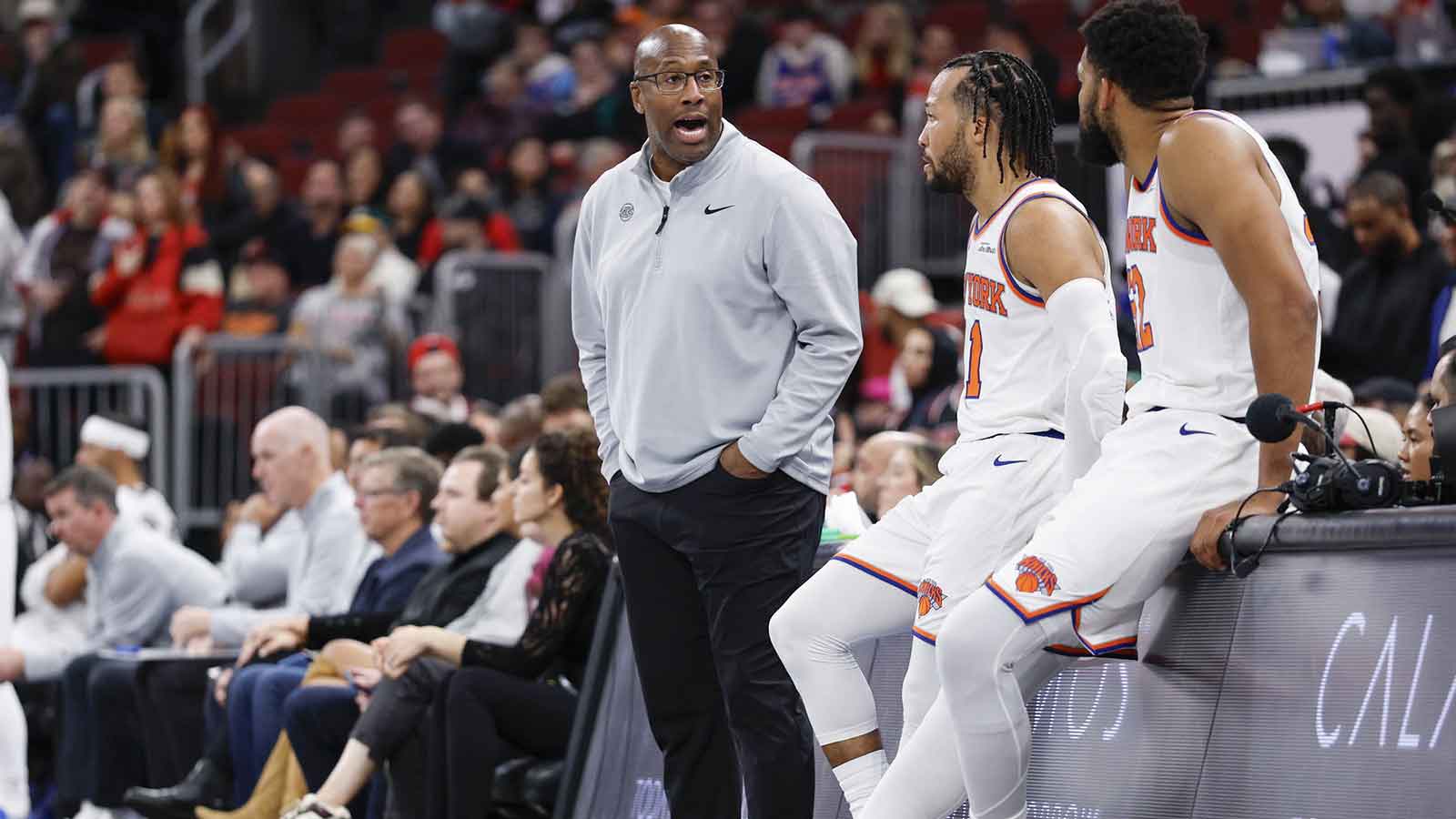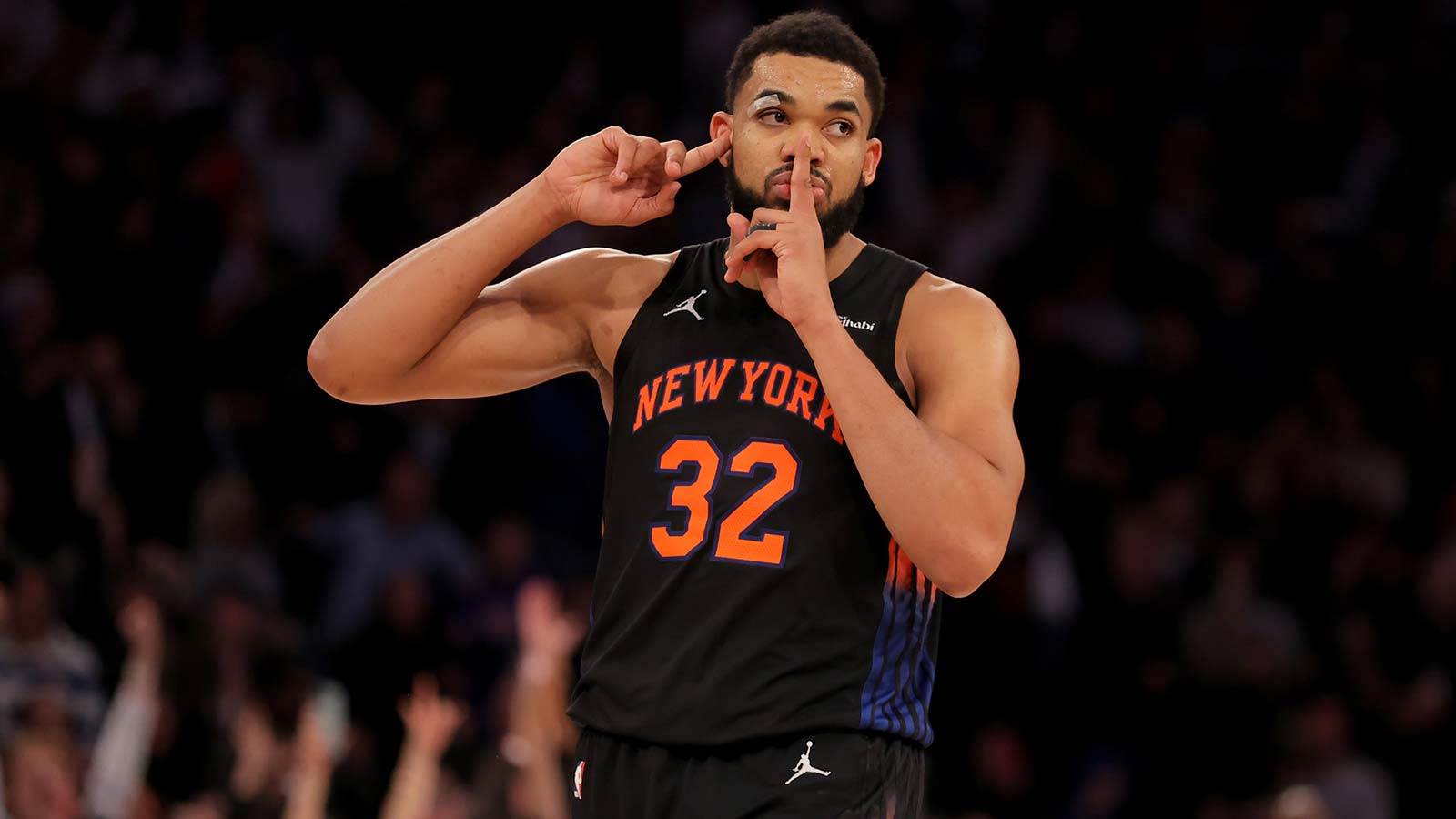Every team needs a spark plug. For the New York Knicks, that role is filled by Immanuel Quickley. Quickley comes off the bench and helps lead the team’s second unit. He is averaging a career-best 15 points, 2.9 rebounds, and 2.8 assists in just 24 minutes per game while connecting on 36.4% of three-point attempts and 90% of free throws. He brilliantly gets downhill, makes awkward and unpredictable shots, and gets to his spots while maintaining his dribble.
If Quickley is as valuable as the above paragraph would indicate, though, why is there so much trade buzz surrounding him? Let’s explore.
Why Knicks may need to move Quickley
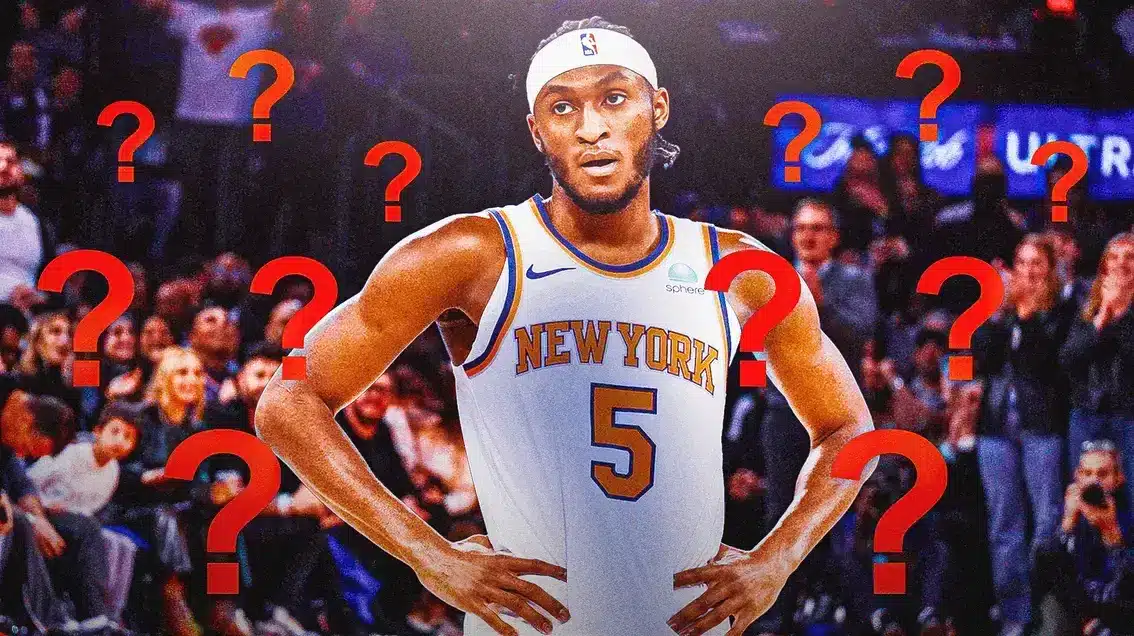
Unfortunately, the first and most important reason is also the most obvious one, money. Quickley could have inked a long-term extension prior to this season. He was rumored to be looking for a deal worth between $20-25 million annually, and the Knicks were unwilling to go that high — with some reports suggesting they only offered a non-guaranteed deal with no incentives and a team option.
“He is going to want nine figures,” an executive told Sean Deveney of Heavy Sports in September. “…I can't say the Knicks will go that high but they might have to. He is not a guy you want to send to restricted free agency.”
Like it or not, Quickley will enter restricted free agency next summer. Last season’s runner-up for Sixth Man of the Year will probably get an aggressive and pricey offer, and the Knicks might match — but they sure don’t want to. However, it’s not only cost that will deter the Knicks from matching if they choose not to, there is also a roster management component.
As valuable as Quickley is, there are only a total of 240 minutes per game to spread across a roster. Quickley is realistically only competing for minutes as a point guard and shooting guard, meaning Coach Tom Thibodeau has to allocate 96 minutes per game between Jalen Brunson, Quentin Grimes, Donte DiVincenzo, and Quickley — not to mention others who are not true shooting guards or in the rotation regularly. To make a long story short, there is no desire to overpay Quickley given minutes restrictions and what the team could use that money on elsewhere (Donovan Mitchell, anyone?).
And that brings us to a logical next step for the Knicks — explore trade options. While nothing is guaranteed, introducing a player to your culture and system is a great way to preemptively begin courting him. In fact, trading for an upcoming free agent has historically been a roundabout way to secure a soon-to-be free agent before he hits the open market.
But who might be interested in adding the 24-year-old guard, given that he could be had this offseason for nothing (other than an obscenely lucrative price point)?
We’ve heard rumblings about a potential fit with the San Antonio Spurs, who will have ample cap room to use. The Spurs are currently on the hook for about $115 million next season, with the cap projected to land at around $142 million. Adding Quickley would allow Devin Vassell to slide back over to shooting guard. But there isn’t much in the way of returnable assets that would interest the Knicks. Could a deal centered around some combination of Doug McDermott, Cedi Osman, Tre Jones, and/or Zach Collins get it done (maybe more so now considering the Mitchell Robinson injury)? The 2024 first-round pick looks set to be a top-three pick, so that one won’t be on the move; but would the Spurs be open to including a 2025 first-rounder? If not, Quickley will probably have to wait until the off-season to move to San Antonio.
Another team in need of a point guard is the Toronto Raptors. Specifically, the Knicks should be interested in pursuing a deal with the Raptors given Toronto’s perceived need to move O.G. Anunoby. Anunoby, like Quickley, could walk for nothing next offseason given his player option. Granted, the price tag is higher for swingmen, especially elite defenders like Anunoby, meaning the Knicks would have to include more than Quickley (e.g., draft compensation.) But adding Anunoby provides the Knicks with a differently talented wing that improves their defense and gives Thibodeau even more flexibility in constructing lineups.
If the price tag for Anunoby is too high, the Knicks could consider discussing a deal for Pascal Siakam. But either way, an exploratory call with Toronto should be had, even if odds are low that anything materializes given the animosity between the two franchises over a an assistance coach, a subsequent lawsuit, and preferences about arbitrating.
The Los Angeles Clippers are another team worth calling. The Clippers are currently over .500, but their 13-10 start leaves a lot to be desired. Despite the presence of James Harden, Russell Westbrook and others, Quickley could still play a meaningful role in Los Angeles. Terrance Mann looks to be untouchable after the Harden trade, but maybe the Knicks can include Evan Fournier and return Norman Powell, P.J Tucker, and future draft picks?
If that’s too much for the Clippers, then negotiations probably end there. But Powell’s shooting and Tucker’s under-utilized defensive spark (more on that here) would smooth over a lot of what would be lost in Quickley.
Trading a homegrown player like Quickley is undesirable, especially for a franchise with so few homegrown successes over the last 20 years. But what’s worse than trading a homegrown success? Losing him for nothing.
This situation could have been avoided had the Knicks locked Quickley up last off-season, but the team wasn’t willing to gamble on Quickley — and that will clearly benefit Quickley very soon, one way or another.

